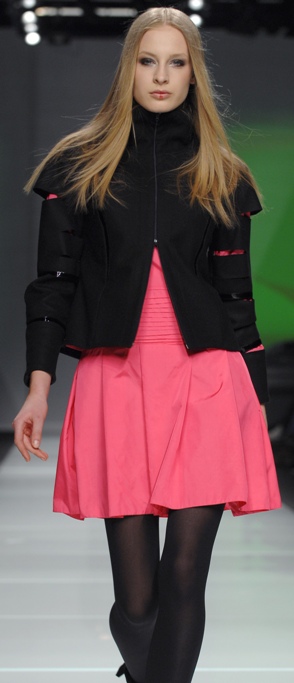
For example, the Bureau of Labor Statistics (BLS) projects that fashion designer employment will only increase by 1% between 20.

This field attracts many aspiring professionals, which leads to heavy competition for a limited number of available jobs. Most fashion professionals earn salaries that align with typical averages for retail-driven industries. Striking it rich as a fashion designer or entrepreneur is well within the realm of possibility for uniquely talented and highly motivated individuals, but most careers in fashion reflect everyday economic realities. A dedication to fashion comes first and foremost, followed by creativity, strong business sense and networking skills, and a willingness to start at the bottom and work your way up. Prevailing wisdom suggests that several specific characteristics can help lead to success in this challenging industry.
#Careers in fashion business professional#
You will need to make a strong commitment to your personal and professional development to establish yourself and advance in the field. To succeed in the fashion world, aspiring professionals need to lean on many different abilities and personality traits, and the fashidon job market remains highly competitive. This page explores the many fashion careers available in both of these broad areas.

Fashion programs generally focus on design and clothing production or business and marketing. The exciting world of fashion features many different career paths for talented and knowledgeable professionals. The Public Ivies, Little Ivies, and Other Ivy League Equivalents.


 0 kommentar(er)
0 kommentar(er)
